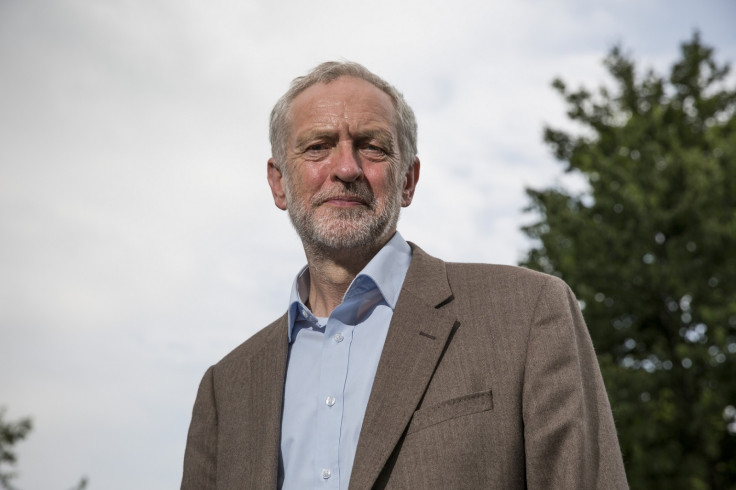Jeremy Corbyn on geopolitics: From Nato's 'hi-tech war' with Russia to compromising with Isis

Jeremy Corbyn is all but set to win the Labour party leadership election when it concludes on 12 September. The hard-left candidate is pitched as a principled internationalist with a proud record of opposing war and standing up for human rights. But critics of the 66-year-old Islington North MP argue this is nonsense because he has sided with human rights abusers and dodgy world leaders. Here is just a small selection of his eyebrow-raising comments on geopolitics.
On Nato, Ukraine and Russia
[Nato's] interests in the Ukraine are not benign interests in support for the people of Ukraine. It's about advancing military technology and a military presence further and further eastwards in order to create this ghastly scenario of some kind of hi-tech war with Russia in the future.
Starts at around 16:12
On compromising with Islamic State
There has to be a political solution. All wars have to end in some kind of political compromise. Why not start with a political compromise now rather than fuelling the war by putting more weapons, more arms and more money into the conflict.
On the late Venezuelan president, Hugo Chavez
We're commemorating the death of Chavez and that's absolutely right we had that moment of silence [... For] Venezuela to get a president who is committed to something totally different, and to set up the ALBA Pact across the whole region, has meant there's a polar opposite to the USA. A credible, strong, polar opposite in Latin America. And I think he will be forever remembered for turning the tables on the USA's multinationals all over Latin America [...] You only have to meet anyone really in poor countries throughout central and Latin America who are not in an ALBA Pact country by any matter of means [...] and they see in Chavez something of themselves, and their hopes, and they see somebody standing up against the cultural imposition of the Spanish Conquest and standing up for indigenous peoples as well. It's a very powerful message that Chavez carried out across Latin America. A lot of the commentaterie in this country simply don't understand the significance of his triumph in Venezuela. So I think we should remember Chavez and understand what he achieved.
Starts at around 4:27
On China
What we see is a historical reassertion of China's role in the world. And because technology, communications, everything, has moved on quantumly since that time, it's going to be a very interesting century that we move into and people are going to have to reckon with China's economic power. And in a sense their economic model has been very clever, in that they have a relatively controlled and closed economy, they have a fixed exchange rate, they can depress the value of their own currency, suck in loads of dollars, and now more dollars than the USA. It's very clever.
Source: LaRouche Movement front group CEC Australia
On calling Hamas and Hezbollah 'friends'
People I talk to, I use it in a collective way, saying 'our friends, we're prepared to talk here'. Does it mean I agree with Hamas and what it does? No. Does it mean I agree with Hezbollah and what they do? No. What it means is that I think to bring about a peace process you have to talk to with who you profoundly disagree. There's not going to be any peace process unless there is talks involving Israel, Hezbollah and Hamas. And I think everybody knows that.
On the Soviet Union
Not so long ago, when this country did not consider itself to be half at war with the Soviet Union, Britain and the Soviet Union considered that they had many mutual interests and many British soldiers died fighting Naziism, as did many more Soviet soldiers. What I complain about is the way in which we are constantly fed a diet of pro-American propaganda from the Government, through the newspapers, and a diet of anti-Soviet propaganda.
Source: Hansard, from a 1986 debate in the House of Commons
© Copyright IBTimes 2025. All rights reserved.






















